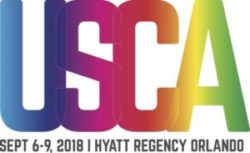I am my sister’s keeper. This upcoming Saturday, March 10, 2018 marks the 13th year for National Women and Girls HIV Awareness Day  (NWGHAAD), when “national and community organizations come together to show support for women and girls impacted by HIV and AIDS.”[i] The lives and stories of women reflected in recent statistics underscores the continued need for the observance of NWGHAAD. According to the Office of Women’s Health, “about one in four people living with HIV in the United States is female. Only about half of women living with HIV are getting care, and only four in 10 of them have the virus under control.”[ii] According to the Centers for Disease Control and Prevention (CDC), “of women living with HIV, around 11% do not know they are infected.”[iii]
(NWGHAAD), when “national and community organizations come together to show support for women and girls impacted by HIV and AIDS.”[i] The lives and stories of women reflected in recent statistics underscores the continued need for the observance of NWGHAAD. According to the Office of Women’s Health, “about one in four people living with HIV in the United States is female. Only about half of women living with HIV are getting care, and only four in 10 of them have the virus under control.”[ii] According to the Centers for Disease Control and Prevention (CDC), “of women living with HIV, around 11% do not know they are infected.”[iii]
For me personally, NWGHAAD is an opportunity to thoughtfully remember the women with whom I have served alongside since I began my work in the HIV movement in the early 2000s who have passed on (but, their names live on in my heart). On NWGHAAD, and as often as we are led, may each of us take a moment to speak the names of every grandmother, mother, aunt, sister, cousin, and female friend we’ve lost to HIV. May we honor the memory of these amazing, beautiful, courageous, and strong women with a renewed commitment to end the HIV epidemic in our lifetime. We currently have the biomedical, behavioral, social, and systemic tools to successfully prevent and treat HIV. So, let’s make ending the epidemic a reality.
While there is much for us to celebrate on NWGHAAD (such as the decrease in annual HIV diagnoses amongst women), we must not forget the disproportionate impact experienced by cis and transgender women of color. According to the CDC, “among all women with HIV diagnosed in 2015, 61% (4,524) were African American, 19% (1,431) were white, and 15% (1,131) were Hispanic/Latina.”[iv] Moreover, of the 2,351 transgender people who were diagnosed with HIV from 2009 to 2014, 84% (1,974) were transgender women.[v] Amongst transgender women, in that same time period, 51% (1,002) were African American and 29% (578) were Latina.[vi]
Addressing issues specifically faced by cis and trans women of color remains critical to end the epidemic. Since joining the NMAC team last year, I have had the honor of discussing HIV prevention and treatment with several cis and trans women of color who are living with and affected by HIV. The adverse impacts of Internalized and externalized stigma are real, pervasive and crippling our ability to prevent and treat HIV in women, especially cis and trans women of color. Many cis and trans women of color are not engaging in meaningful conversations about their sexual health. Women of color as well as their providers often do not perceive women of color as being at risk for HIV. Women of color are being talked out of HIV tests and PrEP prescriptions by their providers. Some of these women are seroconverting despite their knowledge, willingness, and the availability of PrEP. Moreover, women are being diagnosed at more advanced stages of HIV with a higher viral load and lower CD4 count due to not being aware of their status earlier. Furthermore, women are less likely to achieve viral suppression than men. All of this is unacceptable.
It is within our power to change this unacceptable narrative. The conversations I’ve had with cis and trans women of color from across the country, but mostly with those from the South, have challenged and inspired me to continue collaborating in order to address the unique challenges women face that hinder their ability to access and/or utilize HIV prevention or treatment services. Several opportunities can and must be pursued to end the epidemic:
- Address unique challenges trans women of color face related to prioritizing their health care needs in a world wrought with interpersonal violence, threats of death, lack of healthcare access, housing insecurity and employment discrimination
- Address unique issues all women of color face related to prioritizing their health care needs while juggling family, work and other responsibilities
- Collect high-quality trans-specific data that accurately reflects the epidemic
- Develop/Scale-up culturally responsive and linguistically appropriate prevention and treatment interventions for cis and trans Latinas
- Educate providers about the importance of PrEP for cis and trans women of color
- Normalize (and de-stigmatize) conversations about sexual health and behavior.
- Recruit, hire, and equitably compensate cis and trans women of color to work in the HIV movement
- Rethink PrEP marketing for cis and trans women of color
Together, as a community, we can end the HIV epidemic in women. Our grandmothers, mothers, aunts, sisters, cousins, and female friends are counting on each of us to do our part! You in?
Yours in the Struggle,
Sable K. Nelson
[i] https://www.womenshealth.gov/nwghaad/about-national-women-and-girls-hivaids-awareness-day
[ii] https://www.womenshealth.gov/nwghaad/about-national-women-and-girls-hivaids-awareness-day
[iii] https://www.cdc.gov/hiv/group/gender/women/index.html
[iv] https://www.cdc.gov/hiv/group/gender/women/index.html
[v] https://www.cdc.gov/hiv/group/gender/transgender/index.html
[vi] https://www.cdc.gov/hiv/group/gender/transgender/index.html
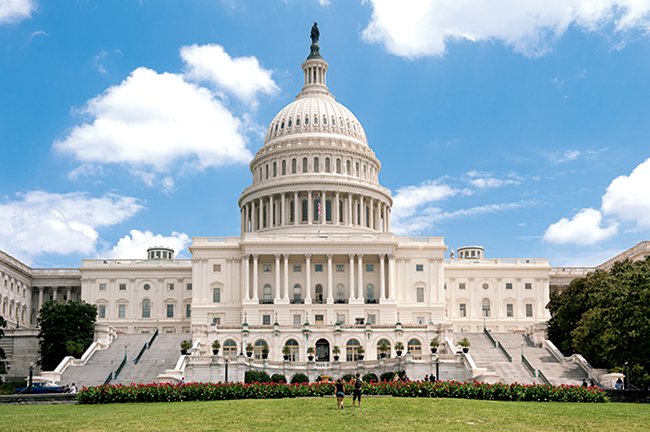


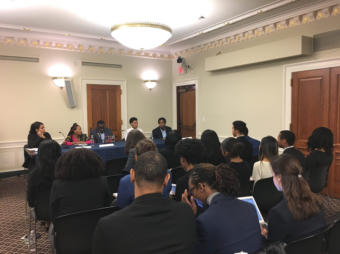
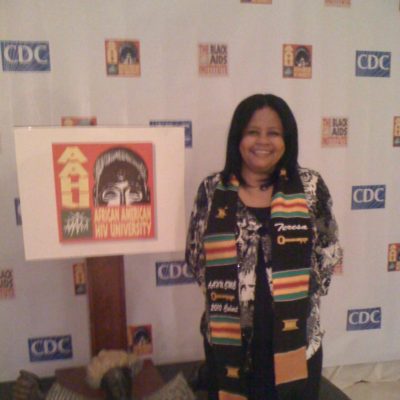

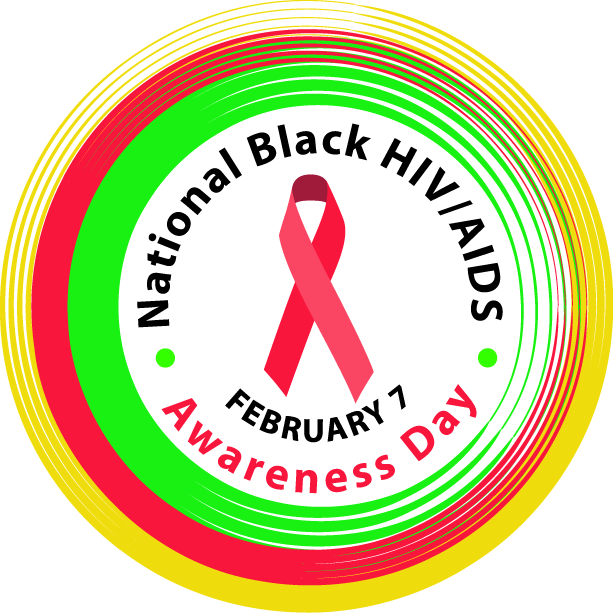

 We create coded language to explain why people of color must work smarter, stronger, and be more organized than their white counterparts. Racism is baked into the mainstream’s beliefs about people with different skin colors. It is unfair, but very real. White is seen as competent, while everyone else must prove their worth. This is the lesson that parents of color teach their children, also known as “driving while black.” To protect our children, early on we share life’s ugly reality that the world isn’t fair. Your skin color can get you killed.
We create coded language to explain why people of color must work smarter, stronger, and be more organized than their white counterparts. Racism is baked into the mainstream’s beliefs about people with different skin colors. It is unfair, but very real. White is seen as competent, while everyone else must prove their worth. This is the lesson that parents of color teach their children, also known as “driving while black.” To protect our children, early on we share life’s ugly reality that the world isn’t fair. Your skin color can get you killed.

